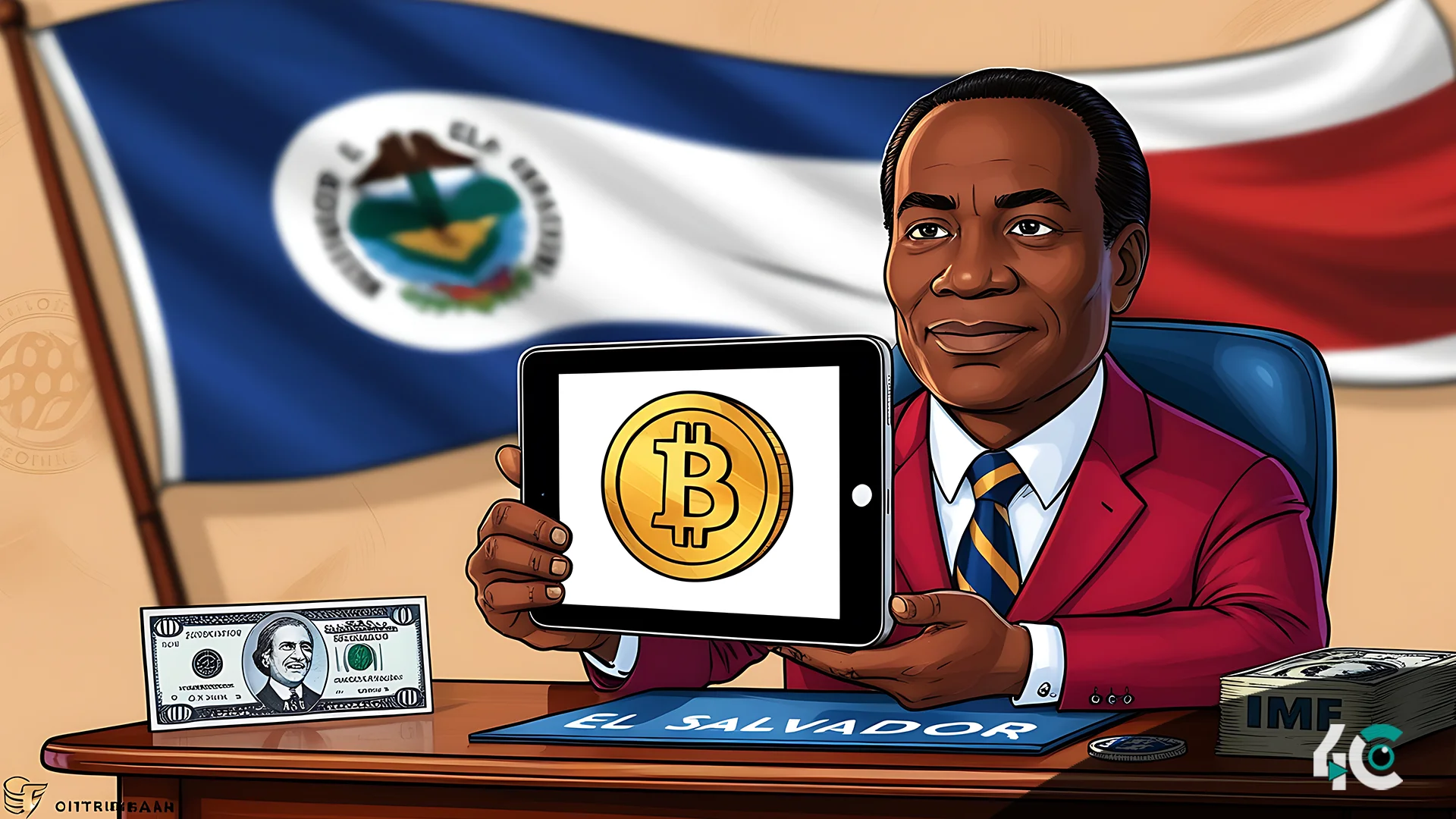El Salvador has agreed to a $1.4 billion loan from the International Monetary Fund (IMF) for 40 months. As part of the agreement, the country would change its Bitcoin policies, making cryptocurrency acceptance voluntary for private enterprises and lowering government engagement in Bitcoin-related projects.
The IMF accord intends to strengthen El Salvador’s economy by reducing debt-to-GDP and implementing fiscal reforms. The IMF believes that these actions will help reduce the potential risks associated with Bitcoin. We will limit the public sector’s involvement in Bitcoin-related operations and continue to pay taxes entirely in US dollars, the country’s legal currency.
Furthermore, the government will gradually reduce its role in overseeing the Chivo wallet, a state-backed cryptocurrency platform. Despite these adjustments, a spokesman from El Salvador’s National Bitcoin Office reaffirmed the country’s commitment to its Bitcoin strategy, emphasizing plans to continue accumulating Bitcoin while keeping current holdings.
This deal brings an end to four years of negotiations punctuated by tensions over President Nayib Bukele’s desire to make Bitcoin official tender in 2021. While the IMF has frequently opposed the decision, noting Bitcoin’s speculative character and possible hazards, El Salvador maintains its support for cryptocurrency.
The IMF’s clearance is pending a review by its Executive Board, which is expected within the next few weeks. Once approved, the agreement will allow for further money from global organizations, including the World Bank, potentially raising the overall financial package to more than $3.5 billion.
Although government authorities highlight Bitcoin’s growing use, surveys show that the majority of Salvadorans still do not utilize it for transactions. These modifications aim to strike a compromise between Bitcoin inclusion and overall economic stability, indicating a shift in El Salvador’s approach to cryptocurrencies.
































